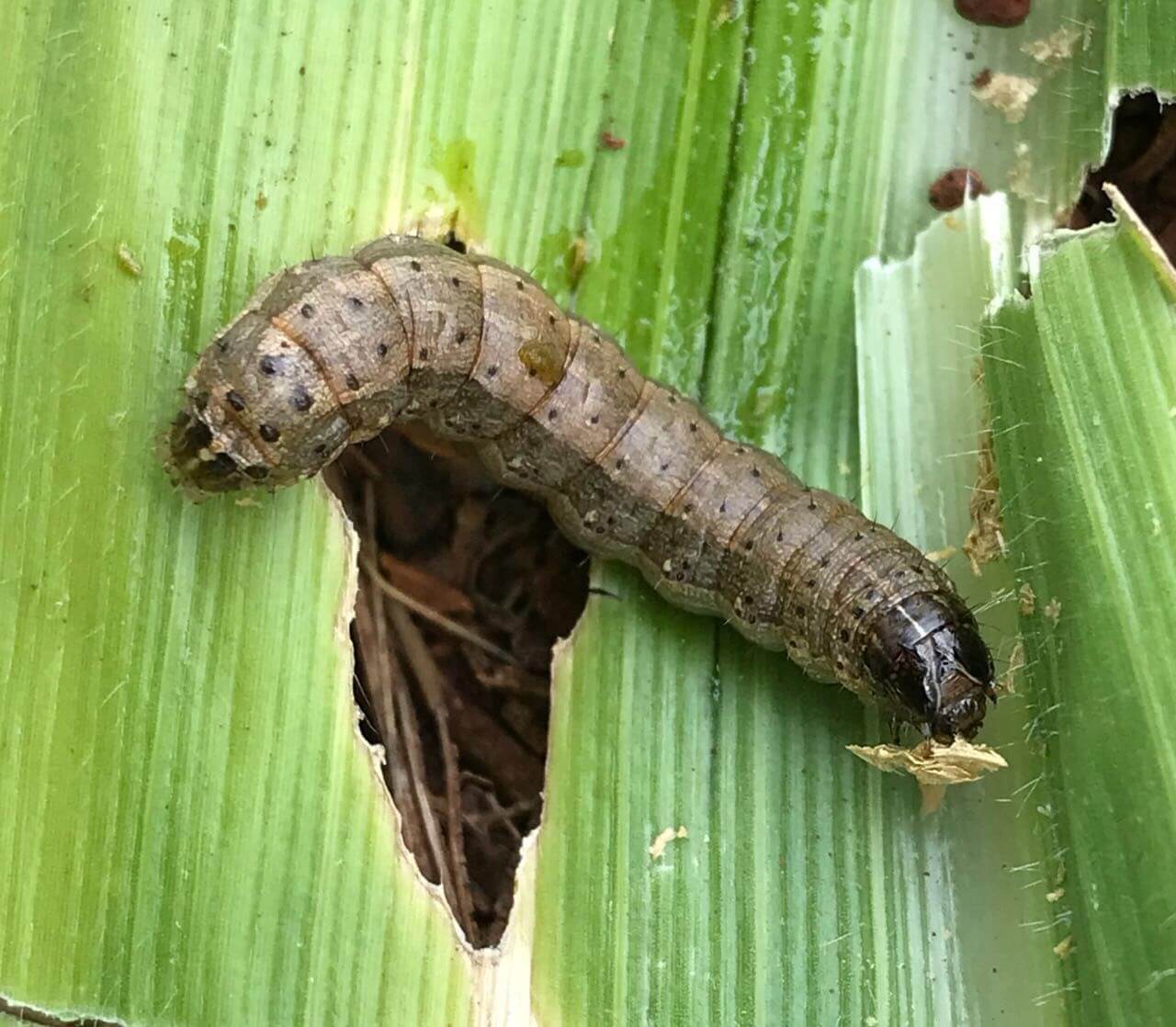By Ottilia Dube
A fall armyworm outbreak in Ward 19, Zimbili Village, Umzingwane, has raised serious concerns as the destructive pest continues to devastate crops.
The outbreak, which began in February 2025, has affected all four villages, which are Zimbili A, Zimbili B, Ntabende, Godlwayo, and Glengrey, putting the community’s food security at risk.
Patience Mabhanda, a village agronomist, explained the severity of the infestation, highlighting that armyworms could cause significant crop damage in a short period.
“Although the pest can be prevented easily, most farmers were unable to take early action,” she said.
“Many struggled to afford the right chemicals to spray in their fields.”
Mabhanda noted that the pest has a short life cycle and lays millions of eggs at a time.
“Once hatched, the larvae rapidly destroy vast fields of crops,” she warned and recommended the use of EMAMEC-HELP 5% SG Insecticide, describing it as an effective solution for controlling the armyworm outbreak.
For farmers like Florence Mhlanga, the outbreak has been devastating. Mhlanga, who had hoped for a bumper harvest, expressed her frustration.
“Now, it feels like water under the bridge,” she lamented.
“Although I managed to control the pest, it was already too late, the damage had been done.”
Mhlanga further explained that the pests primarily targeted maize, which is the community’s main source of income.
“This has left villagers frustrated, as they rely heavily on field crops, particularly maize, for their survival,” she said.
Another affected villager, Meluleki Mpofu (36), highlighted the broader economic implications of the outbreak.
“This could lead to a significant reduction in crop yields, rising food prices, and disruptions in trade and markets,” he said.
“Food security is already under threat due to climate variability, and the armyworm outbreak only worsens the situation.”
Mpofu urged farmers to be proactive in pest control.
“Farmers must not be lazy. If they buy chemicals, they should use them fast to prevent further infestations. If they fail to act, they will face even greater challenges, including drought,” he said, noting that food security is at stake.
“Villagers need urgent intervention to stop the spread of armyworms and protect their livelihoods.
This story was produced as part of the CITE Youth Network training program, which aims to empower young women in rural communities with digital skills, enhancing their ability to create and share community news.

